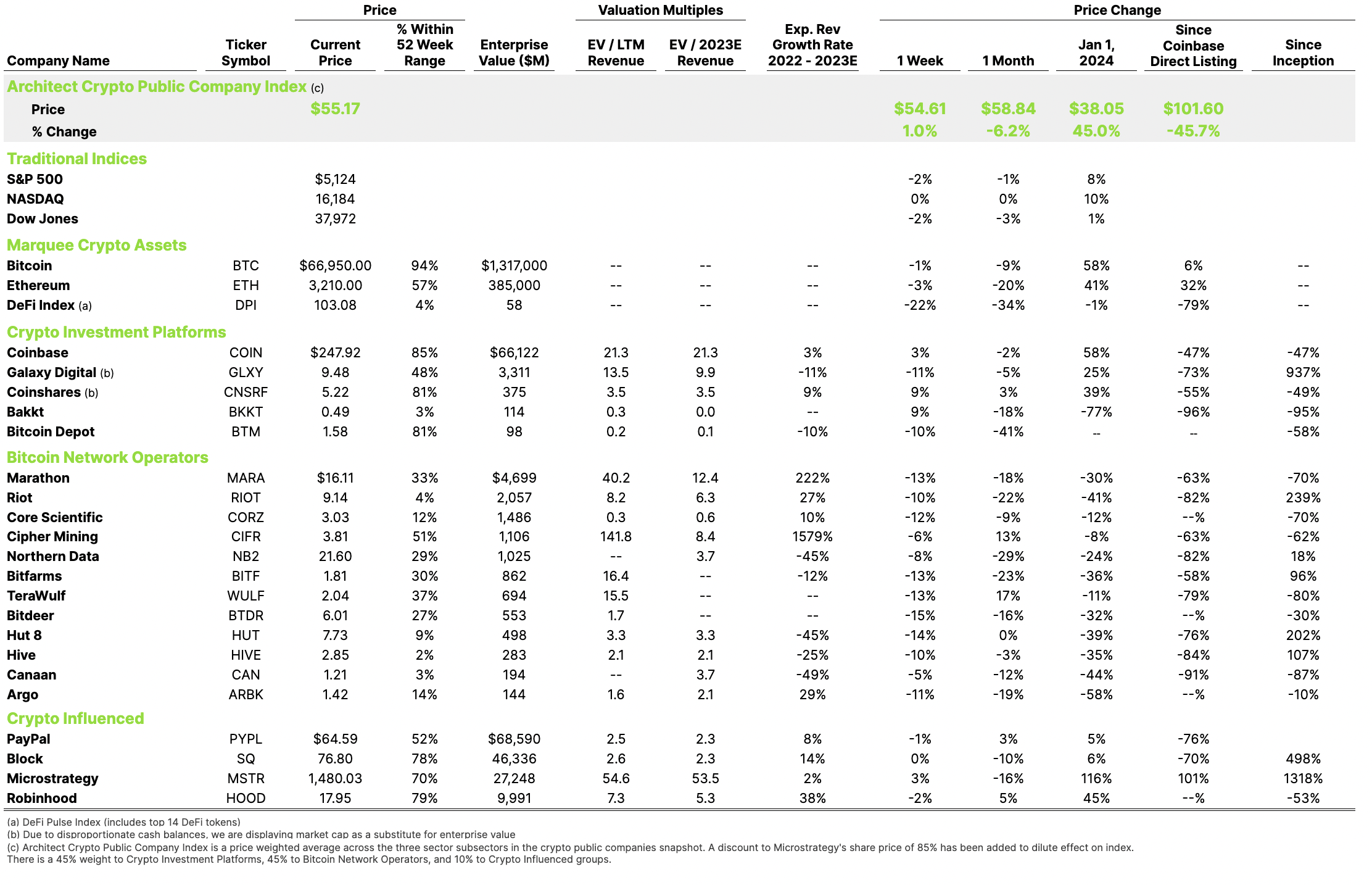In the last two months, I’ve been to Dubai, Vegas, Denver, London, New York and I am just getting back from Paris Blockchain Week, and all I need is this plastic card to pay for everything.
While “credit” has been around since the invention of banks, the modern credit card is rumored to have been invented in the 1940s with the modern debit card following in the 1960s. Fast forward 7 decades and these cards are used for the vast majority of today’s payments, both in-person and online. Mastercard in 2023 had over $9T in Gross Dollar Volume; Visa had $12T in payments volume.
For this convenience, card issuers generally charge about 3% to individuals and businesses (payers) and 3%+ to merchants (payees), who typically receive their payment days later. But both participants of this transaction are ok with this fee because these plastic cards are trusted, easy to use, and there isn’t a better option that is universally adopted. It’s one of the best business models in human society.
We are not there yet, but we are getting close to having a form of payment that is as trusted, as easy, and as universally adopted … with instant settlement and fewer fees.
This week, Mastercard (MA) announced a partnership with 1inch and Baanx in providing a crypto-backed debit card.
Since 2017, many in our industry have been pioneers in allowing crypto assets to be an asset that backs a plastic card.
One of the fascinating things about this week’s announcement is that 1inch, a decentralized exchange (DEX) aggregator, is providing its users with the ability to make plastic card payments with balances in their 1inch account. It’s hard for me to even draw a comparison to this, but I’ll go with using your brokerage account as the reference account that backs the plastic card payment.
Baanx is providing the Fiat to crypto on/off-ramps and Mastercard is providing their verified payment network.
This is one example of many (call it ~100) that seek to make crypto a mainstream asset that can be used to back everyday payments.
The funny thing is that in April of 2024, crypto and the rails the asset is built on allows for instantly settled transfer of asset values at fractions of today’s ~6% all-in transaction fee.
Using a crypto-backed plastic card is a necessary step towards broader payment adoption similar to how the ETF is a necessary step toward broader investment adoption.
For certain, we are a decade (not plural) away from native crypto (no plastic card) being used as a global, mainstream payment option. This will happen in conjunction with humans no longer having a physical wallet in their pockets / bags.
Crypto-backed payments will have a significant, and arguably transformative, effect on every publicly traded company that generates revenues from payments. All of them.
And when will the 3.375 in x 2.125 plastic card become the floppy disk logo on our computers?
We will address the digital version of everything else in our wallet, as well as other forms of crypto payments (Stablecoins, CBDCs) in future Perspectives.
